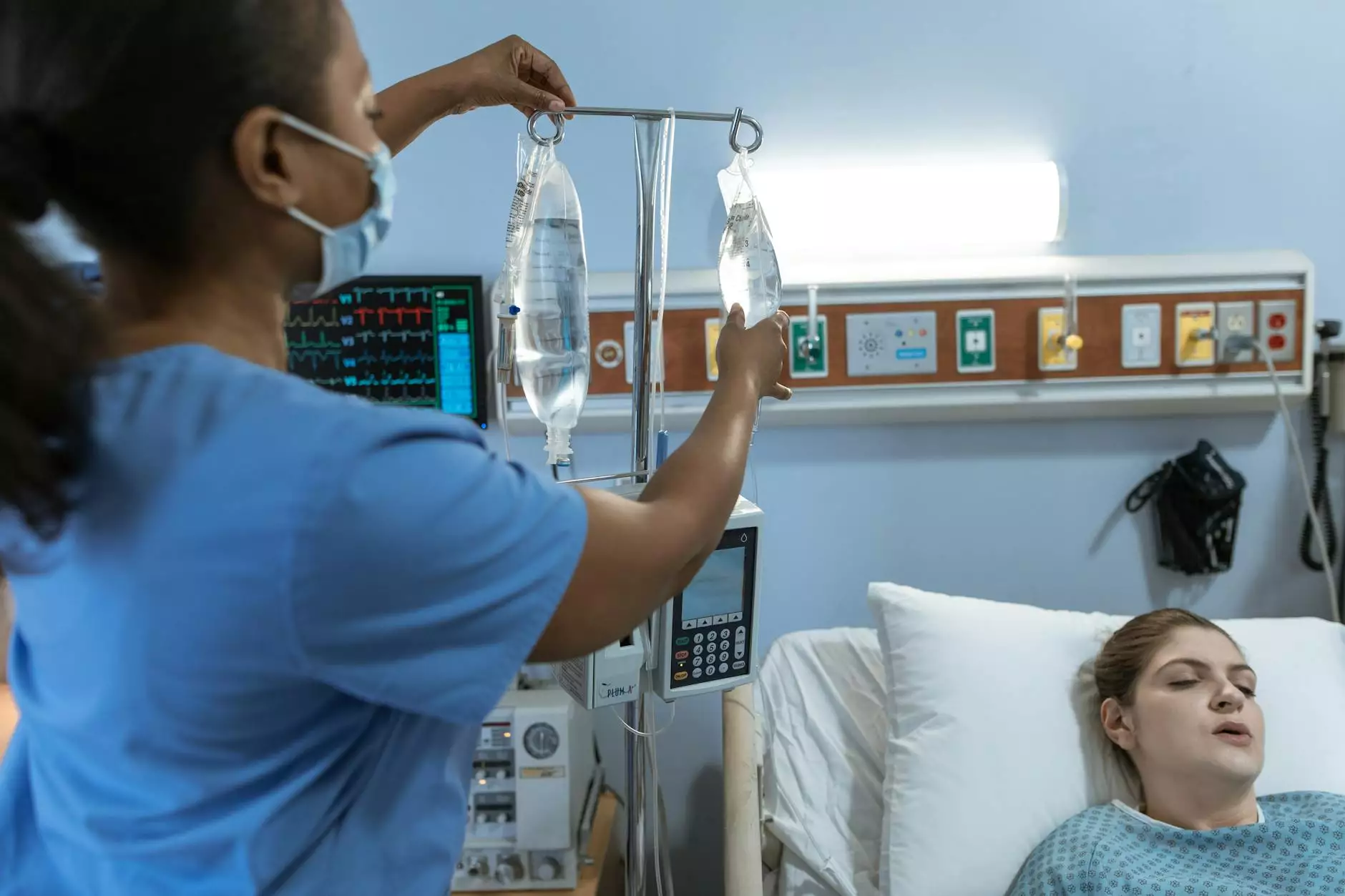Peyronie's Disease
Health
Welcome to MUIR DIABLO OCCUPATIONAL MEDICINE's dedicated page on Peyronie's Disease—an important men's health issue that affects many individuals worldwide. In this comprehensive guide, we aim to provide you with valuable insights into this condition, including its symptoms, causes, effects, and available treatment options.
Understanding Peyronie's Disease
As a prevalent condition among men, Peyronie's Disease refers to the development of fibrous scar tissue, or plaque, within the penis, leading to the curvature of the organ during an erection. This abnormal curvature can cause discomfort, pain, and difficulties during sexual intercourse, impacting both physical and mental well-being.
Common Symptoms
Recognizing the signs of Peyronie's Disease is crucial for early detection and intervention. Some common symptoms include:
- Curvature of the penis
- Plaque formation under the skin
- Pain or tenderness during erection
- Erectile dysfunction
- Shortening of the penis
Causes and Risk Factors
The exact cause of Peyronie's Disease is still not fully understood, but several factors may contribute to its development:
- Trauma or injury to the penis
- Genetic predisposition
- Connective tissue disorders
- Inflammation
- Some medications
Effects on Quality of Life
Beyond the physical manifestations, Peyronie's Disease can significantly impact an individual's overall quality of life and relationships. The condition may cause mental distress, anxiety, and a decreased sense of self-esteem. Therefore, seeking proper medical guidance and prompt treatment is crucial for both physical and emotional well-being.
Treatment Options
The treatment approach for Peyronie's Disease may vary depending on the severity of symptoms and individual circumstances. Some common treatment options include:
- Medications: Certain medications may be prescribed to manage pain, reduce plaque formation, and improve penile curvature.
- Surgery: In more severe cases or when other treatments have been ineffective, surgical intervention may be considered to correct the curvature caused by Peyronie's Disease.
- Non-Surgical Therapies: Various non-surgical treatment options, such as penile traction devices, injections, and shockwave therapy, may be recommended by healthcare professionals.
- Counseling and Emotional Support: Coping with Peyronie's Disease can be emotionally challenging. Seeking counseling or joining support groups can provide valuable guidance and emotional support.
Consult MUIR DIABLO OCCUPATIONAL MEDICINE for Professional Guidance
If you suspect you may be experiencing Peyronie's Disease or have questions about the condition, it is important to consult a medical professional, preferably a specialist in men's health. Our knowledgeable team at MUIR DIABLO OCCUPATIONAL MEDICINE is here to help you navigate through the complexities of this condition, provide accurate diagnosis, and recommend appropriate treatment options tailored to your specific needs.
Conclusion
Peyronie's Disease is a complex condition that can have a significant impact on a person's physical and emotional well-being. It is important to recognize the symptoms, seek professional advice, and explore suitable treatment options. Remember, early intervention and the right medical guidance can help you manage the condition effectively and restore your overall quality of life.
Disclaimer: The information provided on this page is intended for educational purposes only and should not be considered a substitute for professional medical advice. Please consult with a qualified healthcare provider for accurate diagnosis and personalized treatment plans.




